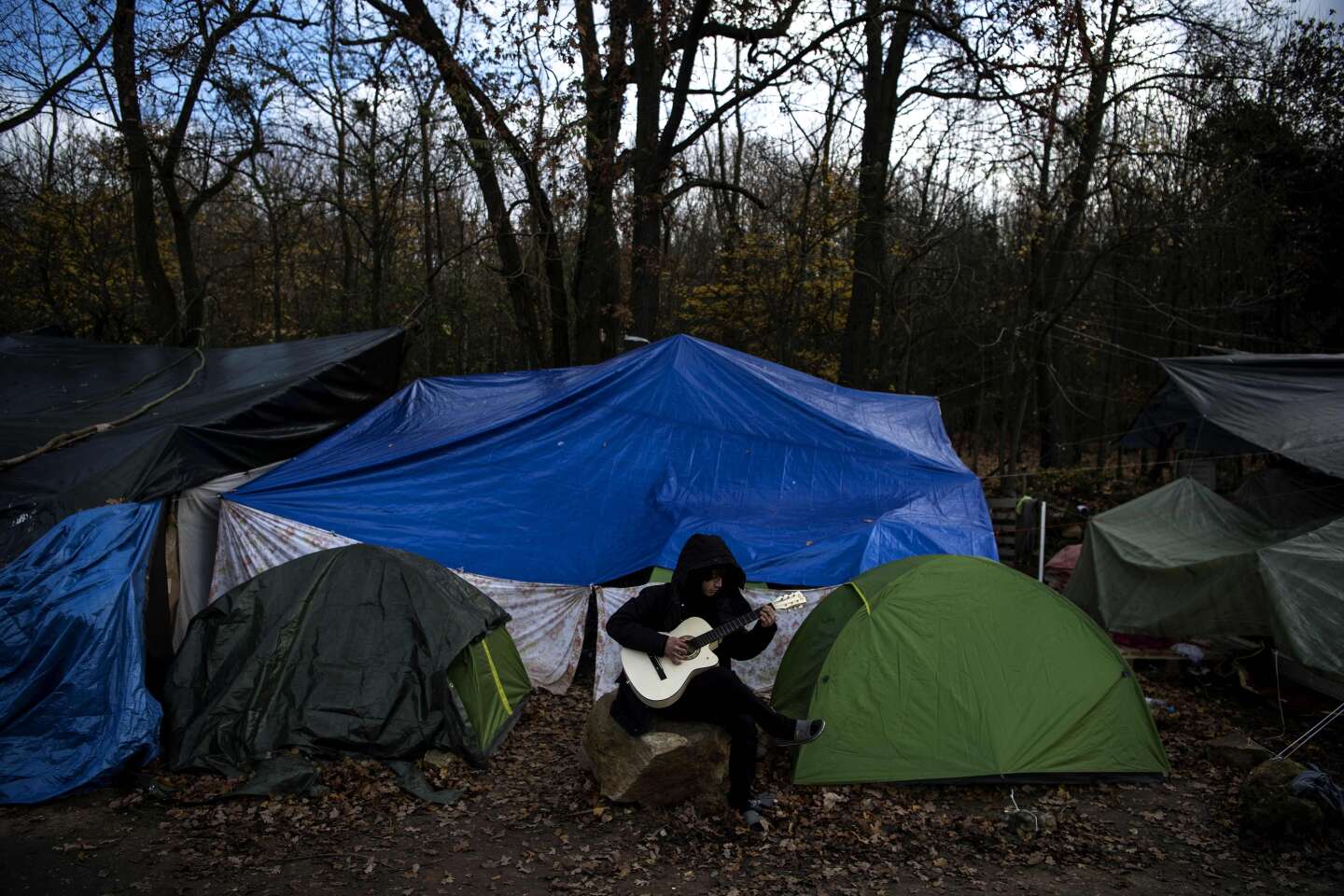


We, women and men from the health, social, care and research professions, wish to confront the president of the Republic and his government with their immense responsibility, and alert all our fellow citizens to the health and social consequences of the adoption of the immigration law on December 19. In particular, to ensure that all officials and ministers understand the dramatic effects of their decisions, as Aurélien Rousseau [the health minister who resigned following the adoption of the law] courageously did.
Let's start by recalling the fundamental principles of our Republic, set out in the 1789 Declaration of the Rights of Man and of the Citizen: "Men are born and remain free and equal in rights," and, "the aim of every political association is the preservation of the natural and imprescriptible rights of Man." These rights include the right to health, "a state of complete physical, mental and social well-being," as defined by the World Health Organization, which presupposes dignified living conditions.
For the whole world, France is not only the country of human rights, but also that of the "French doctors," and of efficient, humanitarian medicine, present everywhere at the bedside of sick populations and victims of wars and crises. For decades, our healthcare system and universal social security have provided high-quality care accessible to all. The immigration law seriously undermines our humanist healthcare model, and not just because of the threats still hanging over the aide médicale d'Etat [AME, the only healthcare coverage available for undocumented people, which the government has pledged to reform in 2024].
First of all, we would like to address the consequences of the measures announced for the health of the most vulnerable – children. As alerted by UNICEF, the text voted by Parliament contradicts the Convention on the Rights of the Child, which protects family life and guarantees the principle of non-separation, through several of its measures: limiting family reunification, complicating the administrative procedures required for minors protected by child welfare services, limiting emergency accommodation, and threatening healthcare, if the AME is to be restricted.
The risk of increased infant mortality
In practical terms, benefits will become conditional on the recognition of a job, and even then, their allocation will be considerably delayed. The loss of family benefits and measures to restrict housing benefits for unemployed people or people working in the informal sector mean that they will receive no help at all, particularly for bringing up their children or finding accommodation. Secondly, we fear an intolerable deterioration in infant mortality, which has already increased over the last 10 years in France and has become higher than in our European neighbors, due in particular to social inequalities.
You have 60% of this article left to read. The rest is for subscribers only.
